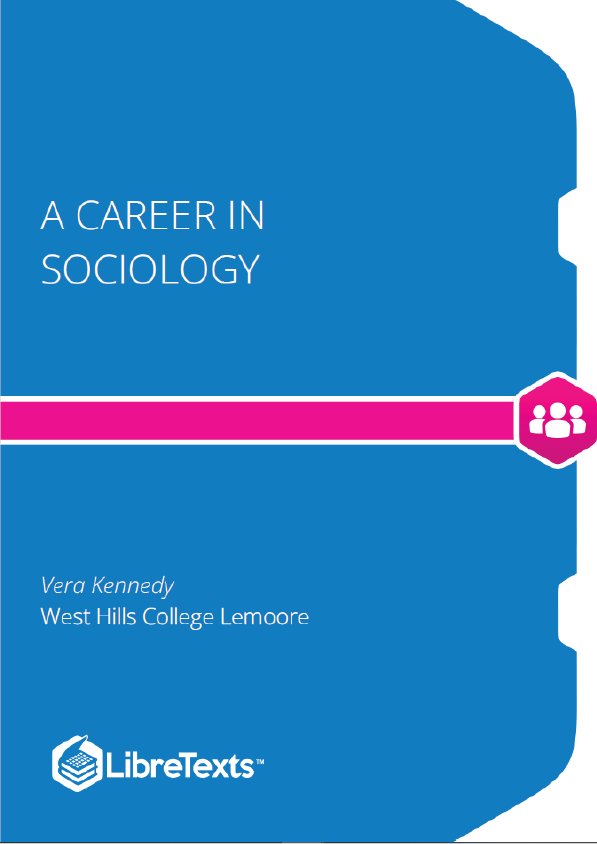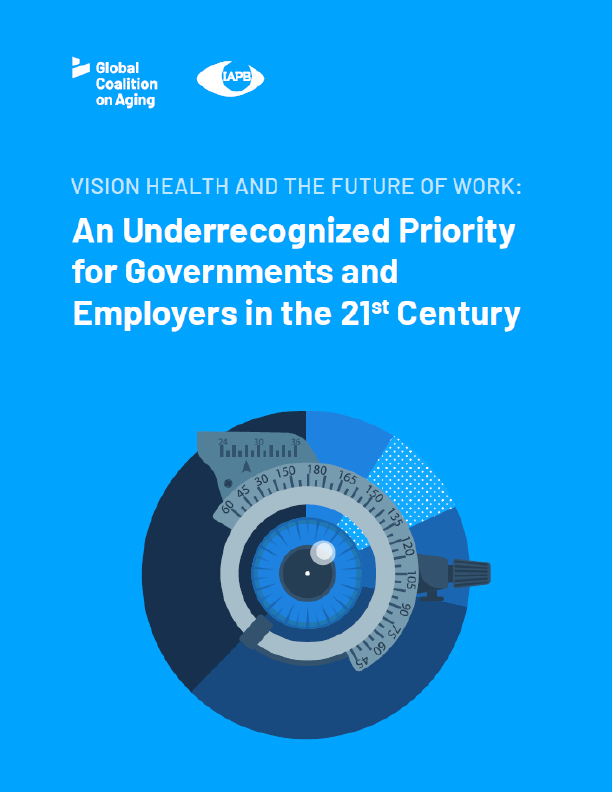A Career in Sociology was written for introductory undergraduate courses on sociological practice. The book was designed for faculty and students searching for an open educational resource (OER) that provides sociological terms, concepts, and theories in the study of sociological practice. To adapt to the educational needs of individuals using this book, the instructor or learner must understand the underlying content. And, instructional approach may require additional resources and/or other methods to make the learning experience her or his own.
Careers in Sociology
At the end of the module, you will be able to:
- explain concepts central to the application of sociology and sociological practice.
- summarize how sociological perspectives develop.
- describe the influence of history and biography on thinking and behavior.
- employ a sociological imagination and apply the scientific method in problem-solving.
Sociology is the study of human social life. Essentially, a career in sociology centers on work pertaining to people or providing a service to society. The knowledge and skills developed earning a sociology degree leads to employment advocating, guiding, and helping people. In jobs where you work with or serve society, you will encounter aspects of sociology including research methods, socialization, culture, race and ethnicity, gender, sex and sexuality, stratification and inequality, deviance, and other areas of human social life. Sociological practice is the use and application of sociological principles and approaches to serve and work with people. In other words, using sociological knowledge and skills to serve others is sociological practice .
Basic, Public, and Applied Sociology
There are a variety of ways people use and practice sociology. Basic, public, and applied sociology are the most common forms of sociological practice. Each form integrates research on human social life to understand and improve society.
Some people in sociology use discipline concepts and theories to produce knowledge and research in the field. This form of sociological practice is basic sociology. Academics including teachers, scholars, and researchers use basic sociology to study society, test hypothesis, and construct theories.
Theories explain how things work and are fundamental in understanding and solving social issues (Steele and Price 2008). To address social issues, we must understand their structure, influences, and processes. Sociological theories give a better understanding of how society works to guide solutions and improve circumstances. Basic sociology helps develop understanding about human social life including the influence of groups and organizations on people to improve society (Henslin 2011). A basic sociologist will analyze society based on theoretical foundation and publish findings for practitioners to identify and construct the best and most effective practices in addressing and solving social issues.
Public sociology uses empirical methods and theoretical insights to evaluate and analyze social policy (Henslin 2011). Formal norms such as laws, regulations, court orders, and executive decisions enacted by government are social policies. A public sociologist studies society and social policies to engage in issues of public and political concern for social change (Burawoy 2014). These practitioners use sociological research and theories to contribute and influence policy, activism, and social movements.











